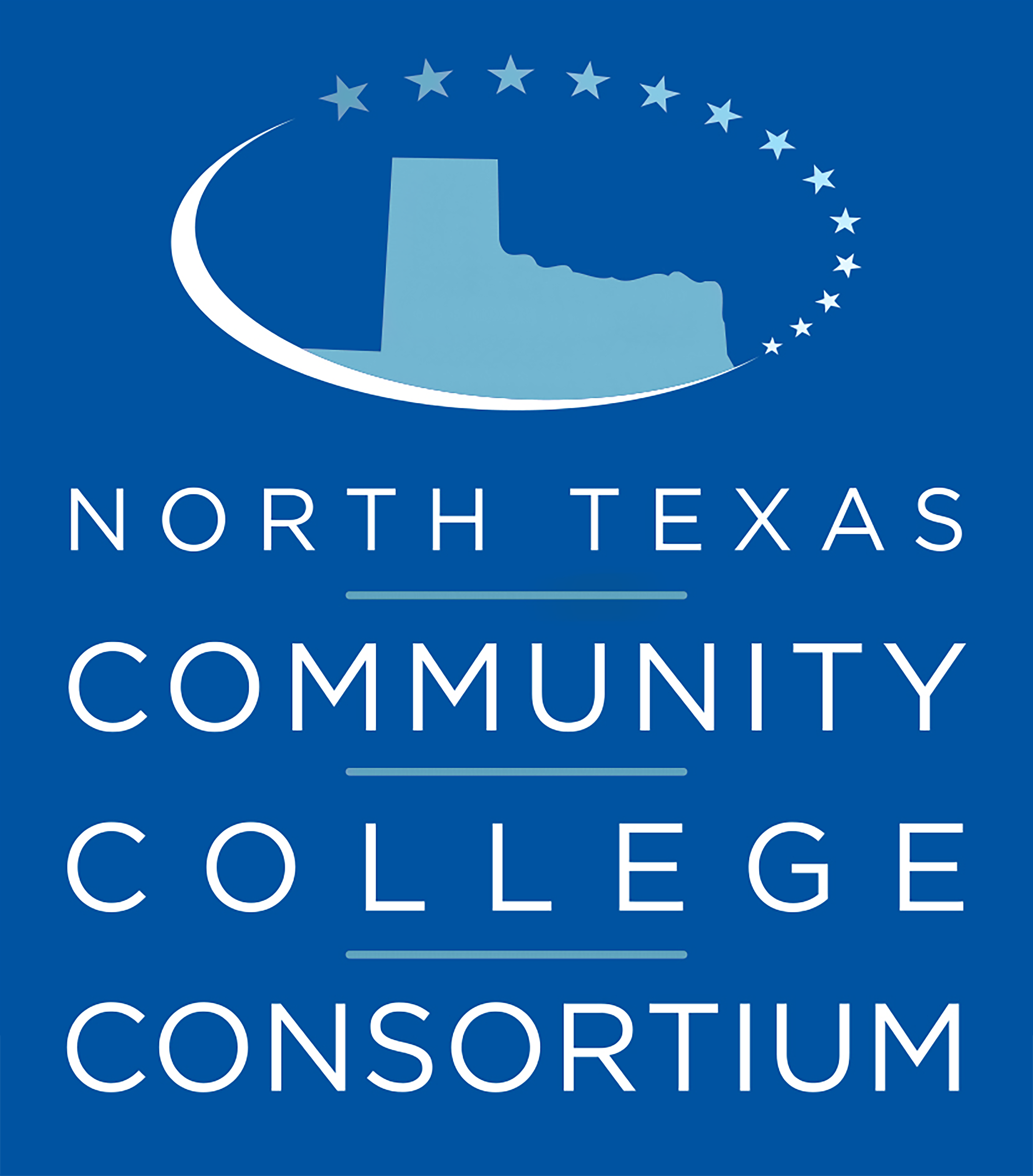Presented at: 2019 Instructional Innovation Conference
Low-tech Innovations: Leveraging the power of learning anytime and anywhere.
Session Description
For those in higher education, the word “innovation” brings to mind new technologies that often come with a substantial price tag. Innovation can also be taken to mean transformation and revolution. Place-Based Education is a low-tech, student-centered approach, promoting deeper learning outcomes for students as well as fostering global stewardship.
Session Goals
The primary goal is to demonstrate what strides Tarrant County College District has taken toward incorporating Place-Based Education across the district with specific examples of innovations seen on the Northwest Campus. A secondary goal is to define Place-Based Education and give ideas of how it can be used at the college level to promote student success and retention.
Full Description
For those in higher education, the word “innovation” brings to mind new technologies that often come with a substantial price tag. However, if we examine common synonyms for “innovation” we find words like change, transformation, creativity and revolution. With these synonyms in mind, we see that innovation may not always require more technology or a heavy monetary cost, instead, it can be a reimaging of how we facilitate a course, or taking advantage of geography by leveraging local assets like parks, museums, and local businesses. A name that has emerged to encompass this transformative and revolutionary type of learning is Place-Based Education, connecting learning to communities and the world. This low-tech, student-centered approach, boasts benefits of positively impacting communities, engaging faculty and promoting deeper learning outcomes as well as fostering stewardship. Tarrant County College District (TCCD) is one of the 20 largest higher education institutions in the United States, serving over 50,000 students across six campuses annually. As a two-year college, it provides affordable, open access to the community, a wide variety of associates degrees and certifications as well as partnerships with local school districts offering Early College High Schools. Tarrant County College has over 800 acres of land spread across five major campuses. Each campus has designated a fraction of its land to house sustainability initiatives with the aim to connect students to nature and the community through the use of outdoor learning, a form of Place-Based Education. Recently, a group of faculty, staff and administrators came together to form the TCC Conservation Coalition (TC4). The aim of this committee was to combine the efforts of all campuses to support a vision of Place-Based Education, as well as to foster a culture of land stewardship among students, faculty and the community. Tarrant County College outdoor classrooms represent low-tech innovations serving as windows of opportunity to provide learning beyond the confines of the traditional classroom. Tarrant County College uses some of its natural areas to combine classroom and field experience to help students apply their learning to problem-solving in, and being in service to the community. With the establishment of this type of learning into our curriculum and providing our students with a sense of place, we can focus on building collaborative learning communities and directing our students to understanding the value of constructing relevant connections between theory and practice. The current initiatives across TCCD promote land stewardship and include service learning opportunities through a diverse offering of courses and campus organizations. More specifically, there have been areas designed to support the creation and maintenance of Monarch Waystations as well as research collaboration with local organizations. The college has also seen the benefit of developing partnerships with local groups like the Native Prairies Association of Texas, to establish restored and preserved areas as well as develop education campaigns for the community with Texas Parks & Wildlife, Fort Worth Nature Center & Refuge and Tarrant Regional Water District. Future goals across the campuses include development of curriculum for outdoor classrooms, expanding upon established partnerships between the college and local school districts, forming new alliances between local colleges and universities as well as improving community involvement through place-based programming.
